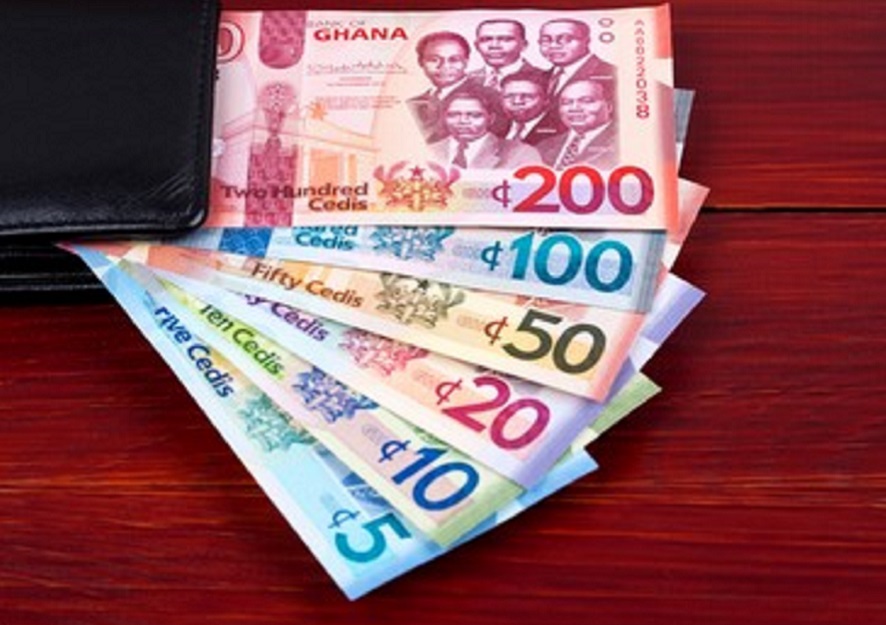Ghana has signaled its readiness to venture into the digital currency space as part of the country’s digitization agenda and moves to embrace new technologies in the fintech space.
The governor of the country’s central bank, Dr. Ernest Addison, noted that his outfit was in the advanced stage of introducing a digital currency called e-cedi.
Addressing a news conference on May 31, Dr. Addison said before it is released into circulation, the digital currency would first go through three phases: designing, piloting, and implementation.
Dr. Addison also revealed that the digital currency has also gone through the first phase which involved the design of the money. He further noted that the final stage will involve piloting the digital currency to see how feasible it will be.
“The Bank of Ghana was one of the first African Central Banks to declare that we were working on a digital currency looking at the concept of an e-cedi,” he said, according to one local media.
“Yes, we are quite advanced in that process. As you know, with these types of things, you have to go at it in phases and the first phase was really on the design of the electronic money, and the team that has gone quite far in the design phase, they are looking at the implementation phase,” he added.
He explained that at the implementation phase, a few people would be able to use the digital cedi on the mobile money applications and other applications currently operating in the country.
“From that pilot, we will be able to determine whether this is feasible and what sort of things need to be tweaked to make it work effectively,” he said.
The move makes Ghana one of the first African countries to declare that it was working on a digital currency. It has made more progress than any African country. South Africa is in the research stage. China, on the other hand, is the first major economy in the world to introduce digital currency known as digital yuan.
Ghana’s digital currency is not Bitcoin. Bitcoins are controlled by private firms and are subject to market volatility which makes them unfit to meet the standard functions of money.
Ghana’s digital currency is however backed by the state, which makes it a lot safer for digital currency skeptics.
“This is why, I think there is a lot more emphasis on looking at digital money which is backed by the state, backed by the central banks,” according to Dr. Addison. “These private forms of money really are not able to perform the functions of money effectively”.










